Understanding Social Media Addiction: How to Recognize and Overcome It
In today’s world, it’s hard to imagine life without social media.
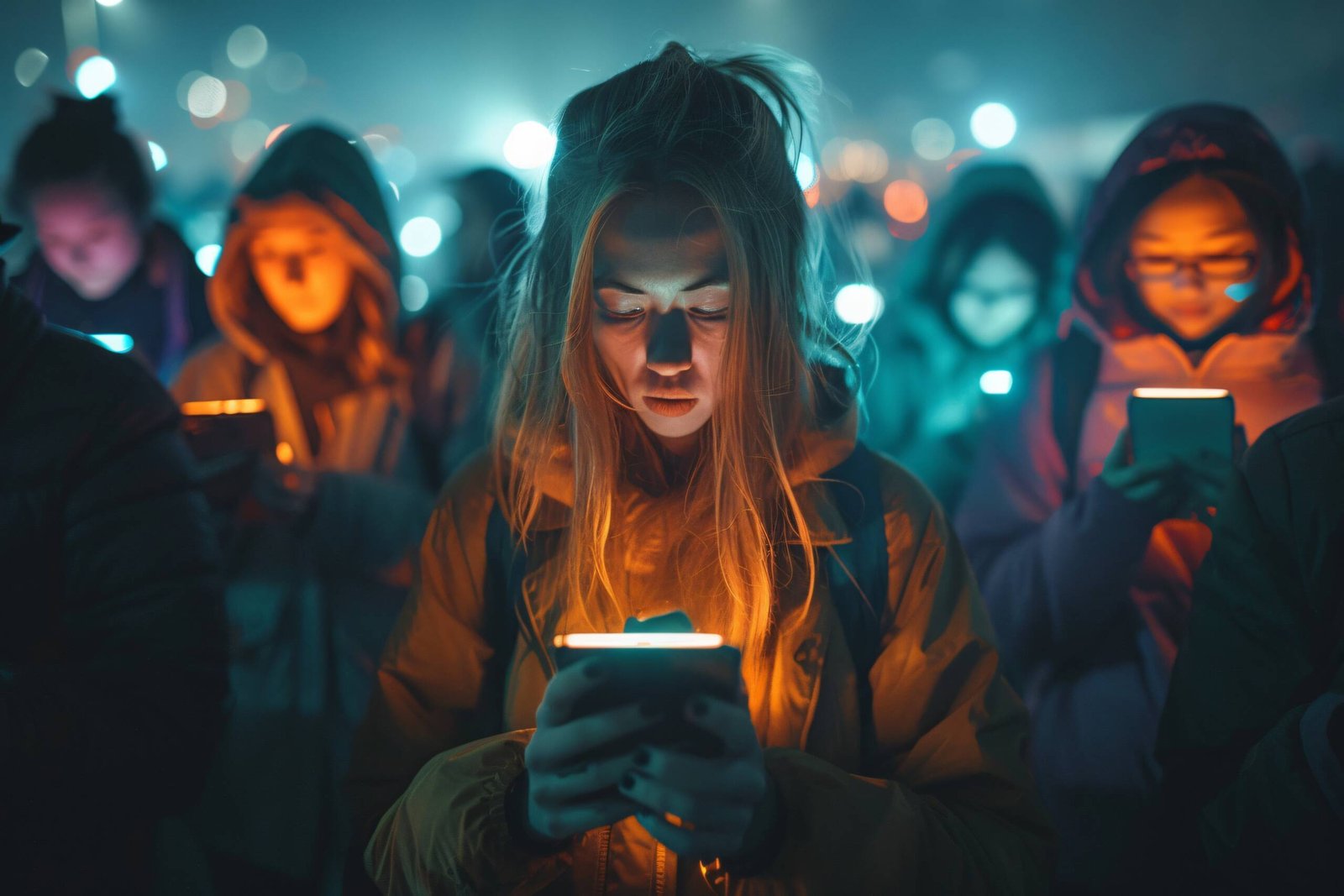
What started as a tool to connect with friends and family has evolved into an all-encompassing part of daily life. Whether you’re posting photos, checking notifications, or scrolling through endless feeds, social media takes up a lot of time — sometimes more than you even realize.
While many of us use social media on a daily basis, there’s a fine line between casual use and becoming overly reliant on it.
Have you ever found yourself mindlessly scrolling for hours or checking your social media accounts the moment you wake up? If so, you’re not alone. The question is: are you addicted to it?
Although “social media addiction” is not officially recognized as a medical diagnosis, overusing social media is a growing concern and can have serious consequences for your mental and physical health.
So, how do you know if your social media use has become unhealthy, and what can you do to regain control?
Social Media Addiction Statistics and Symptoms
| Category | Statistics |
|---|---|
| Worldwide | Over 210 million people worldwide are addicted to social media (4.69% of all users) |
| United States | About 10% of social media users in the US are addicted |
| Young Adults (Age 23-38) | 15% of people aged 23-38 admit they are addicted to social media |
| Teens | Around 70% of teens and young adults in the US have a social media addiction |
| Key Symptoms of Addiction | Strain on eyes, anger, sleep disturbance, smoking, alcohol, and tobacco consumption, junk food consumption |
Why is Social Media So Addictive?
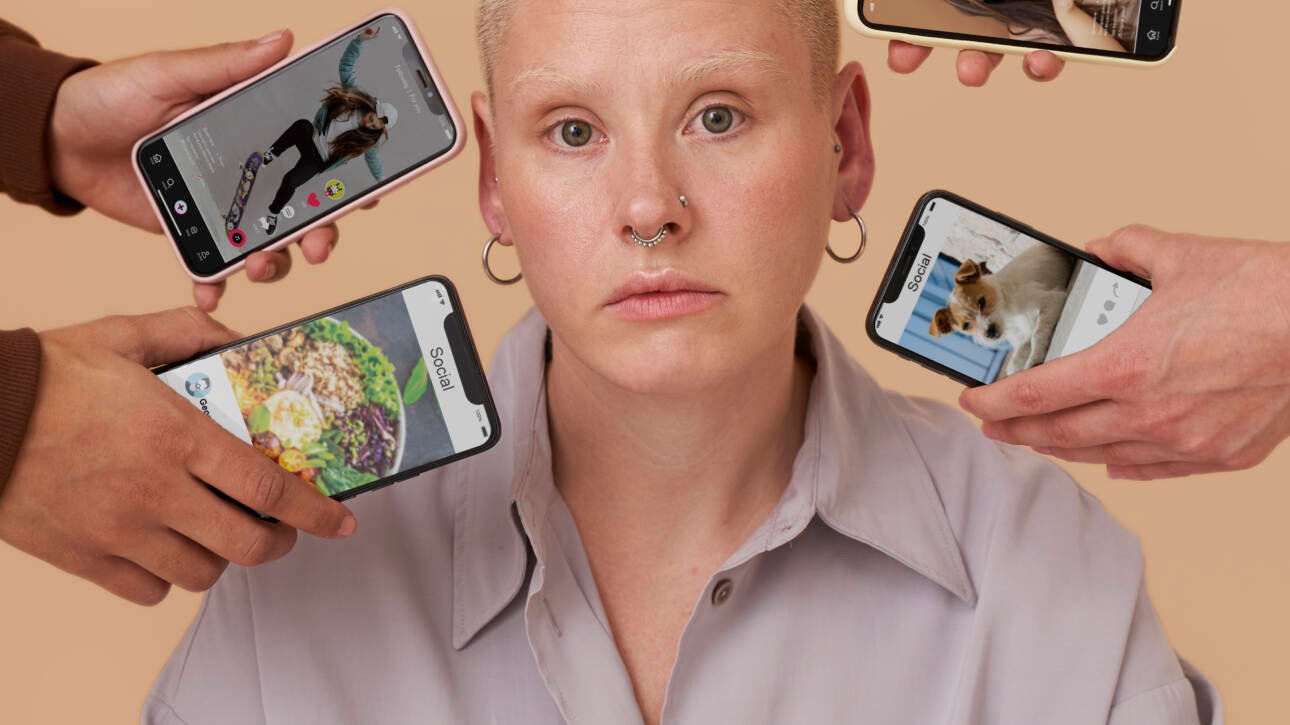
Social media isn’t just an entertainment tool; it has a profound impact on the brain.
Every time you check your feed, post a picture, or receive a like, your brain releases dopamine, a chemical linked to pleasure and reward.
This dopamine surge makes social media feel rewarding and enjoyable. It’s why we keep coming back for more.
When you share a post and get positive feedback — likes, comments, shares — you experience a rush of happiness.
Your brain then reinforces the behavior, making you want to repeat it.
In this way, social media operates similarly to other addictive behaviors, such as gambling or even drug use.
The tricky part is that these positive feelings are fleeting. Once the dopamine wears off, your brain craves more.
It pulls you back into the cycle, and before you know it, hours have passed.
It’s easy to get caught in this loop, especially when social media provides an escape from boredom, loneliness, or stress.
The Negative Effects of Social Media Addiction
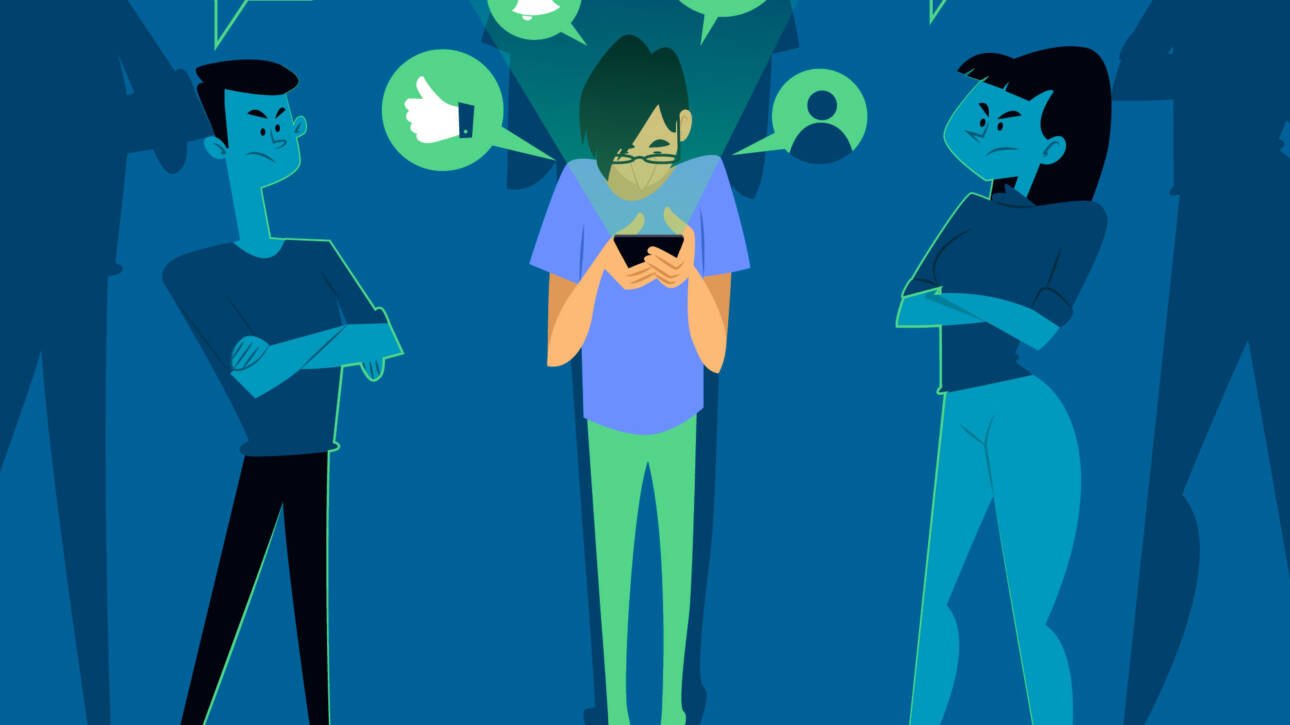
While social media can be a fun and harmless way to pass time, excessive use can lead to significant downsides.
Some of the common negative effects include:
Low Self-Esteem: Constant exposure to carefully curated images of other people’s seemingly perfect lives can make you feel inadequate.
Social media often creates an unrealistic portrayal of reality, leading to feelings of jealousy or dissatisfaction with your own life.
Increased Loneliness: While social media can seem like a way to connect with others, it can also create a sense of isolation.
Spending too much time online may leave you feeling disconnected from real-life relationships.
Anxiety and Depression: Constantly comparing yourself to others or worrying about how many likes and comments your posts receive can trigger anxiety and even lead to depression.
FOMO (Fear of Missing Out): Seeing others out having fun or achieving things can make you feel like you’re missing out on life, leading you to spend more time on social media trying to catch up.
Poor Sleep: Using social media before bed can disrupt your sleep patterns.
The blue light emitted by screens interferes with melatonin production, making it harder to fall asleep and stay asleep.
Physical Health Issues: Spending long hours on social media can reduce physical activity, which can lead to weight gain, poor posture, and other health problems.
Work and School Performance: Social media addiction can also impact your professional and academic life.
Constant distractions may cause you to lose focus at work or school, affecting your performance and productivity.
Neglecting Real-Life Relationships: The more time you spend online, the less time you may spend with family and friends.
This can hurt your relationships and make you feel more isolated.
How to Recognize Social Media Addiction
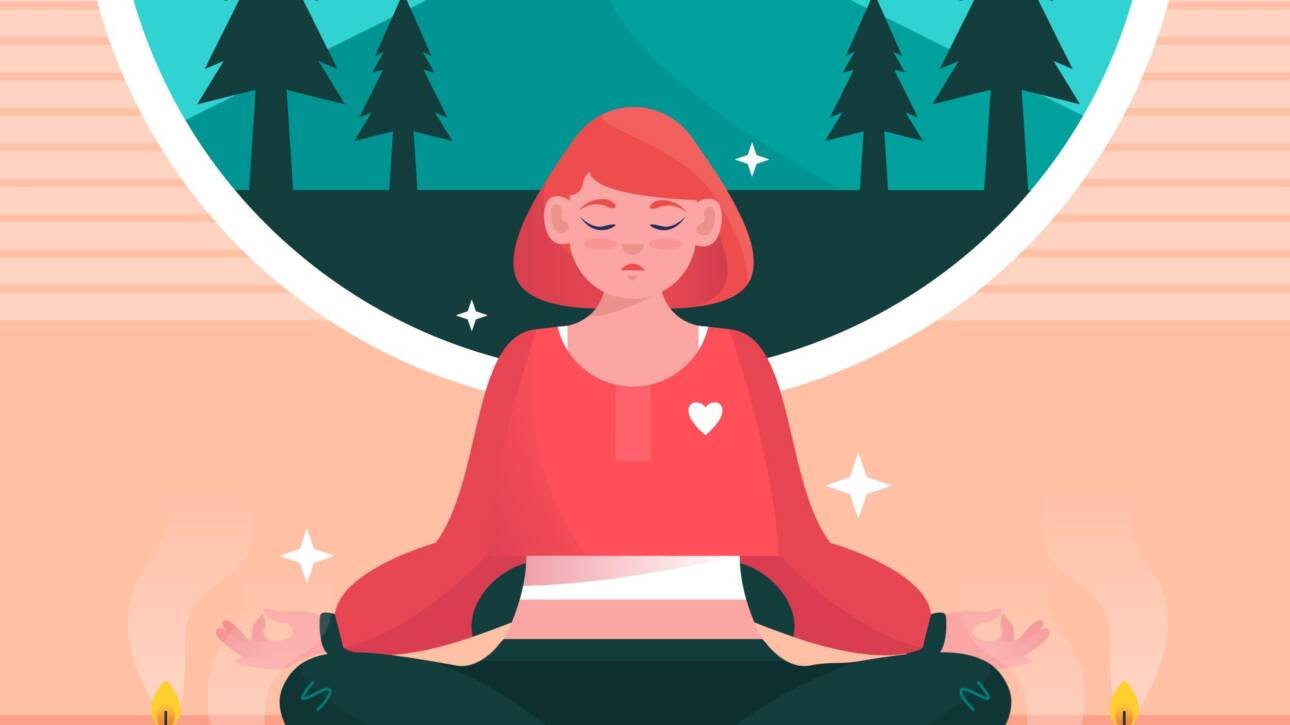
Knowing whether you’re truly addicted to social media or simply enjoy using it can be challenging. Here are some signs to watch out for:
Disrupted Routine: If your social media use is affecting your work, school, or other responsibilities, it might be time to take a closer look.
Do you find yourself scrolling through your feed when you should be working or studying?
Increased Use During Other Activities: If you find yourself checking social media during meals, while spending time with loved ones, or even during conversations, it could be a sign of addiction.
Using Social Media to Escape: If you turn to social media to avoid problems or to cope with stress, loneliness, or boredom, you may be relying on it too much.
Restlessness Without It: Feeling anxious, restless, or irritated when you’re not using social media is another red flag.
If you think about it constantly, even when you’re not online, it may be affecting your life more than you realize.
Anger or Frustration When Using Less: If you’re upset or angry when you’re unable to access social media or when you spend less time on it, it’s a sign that it’s taking too much of your attention.
How to Reduce Social Media Use
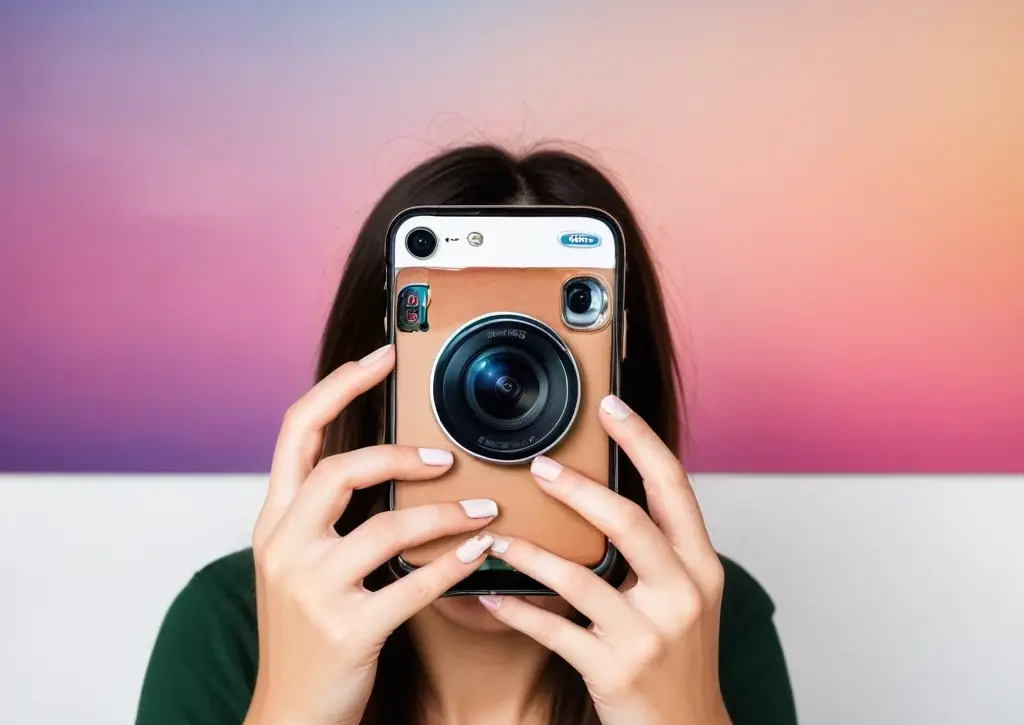
The good news is that it’s possible to reduce social media usage and regain control of your time and energy. Here are some practical steps to help you break the cycle:
- Delete Social Media Apps from Your Phone: While you can still access them on your computer, removing social media apps from your phone can help reduce the temptation to check them frequently.
- Turn Off Notifications: Adjust the settings on your apps to turn off notifications for likes, messages, or updates. This will prevent you from constantly being pulled back in.
- Set Boundaries: Designate specific times for social media use each day. Use a timer to keep track of your time and ensure you don’t exceed your limit.
- Create Tech-Free Zones: Avoid using social media in certain areas, such as your bedroom or during meals. This will help you disconnect and be present in the moment.
- Find New Hobbies: Engage in activities that don’t involve screens, such as sports, painting, reading, or cooking. This can help you fill the time you’d usually spend on social media with more enriching experiences.
- Spend More Time in Person: Make an effort to see your friends and family in person. Face-to-face connections are far more meaningful than virtual ones.
- Take Regular Breaks: Consider taking regular breaks from social media. Whether it’s a day, a week, or longer, stepping away from your screens can help you reset and regain perspective.
Social media isn’t inherently bad, but it’s easy to fall into the trap of overuse. By understanding the addictive nature of social media and recognizing its potential negative effects, you can take steps to regain control of your time and mental well-being. Remember, it’s all about balance. Social media should enhance your life, not take it over.
If you feel like your social media use is becoming problematic, don’t hesitate to reach out to a mental health professional. They can help you work through your feelings and develop healthier habits for a more balanced and fulfilling life.

